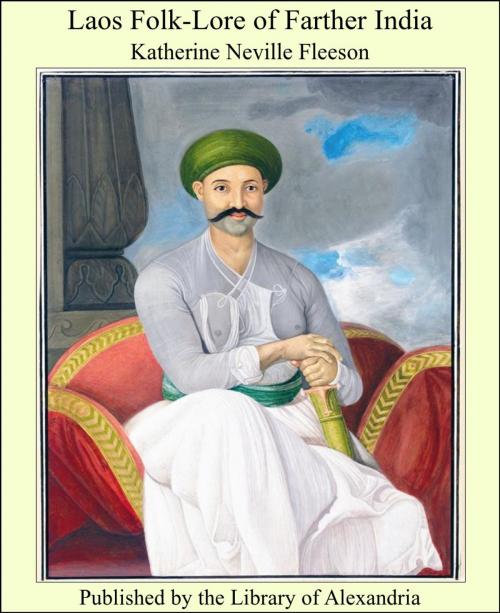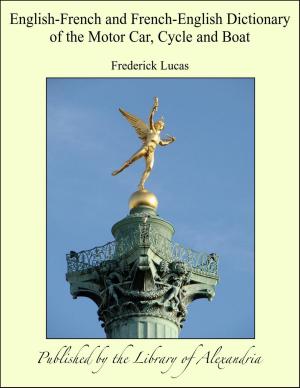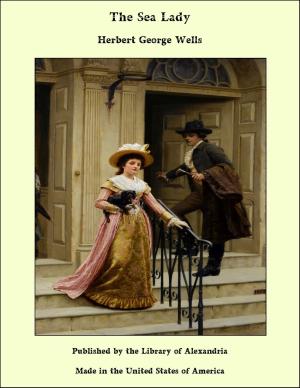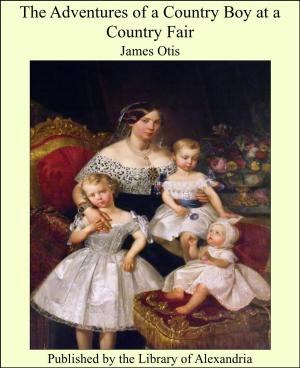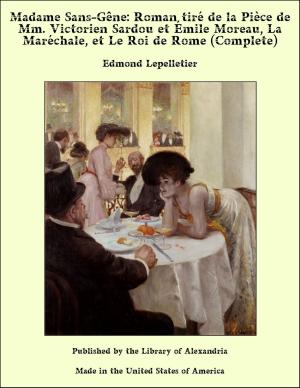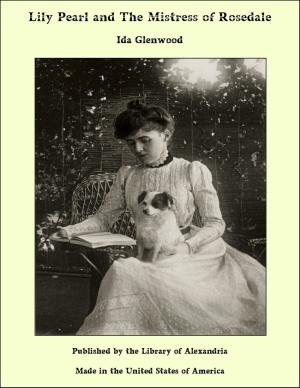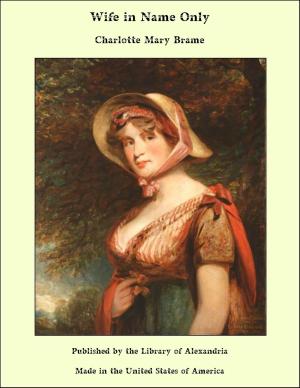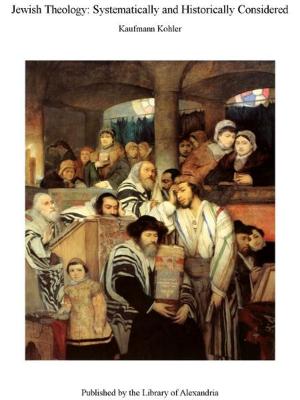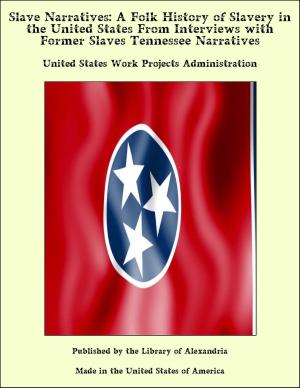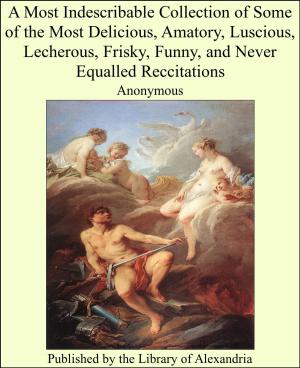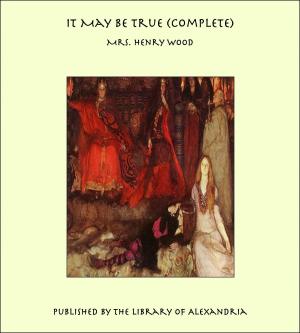Laos Folk-Lore of Farther India
Nonfiction, Religion & Spirituality, New Age, History, Fiction & Literature| Author: | Katherine Neville Fleeson | ISBN: | 9781465534330 |
| Publisher: | Library of Alexandria | Publication: | March 8, 2015 |
| Imprint: | Language: | English |
| Author: | Katherine Neville Fleeson |
| ISBN: | 9781465534330 |
| Publisher: | Library of Alexandria |
| Publication: | March 8, 2015 |
| Imprint: | |
| Language: | English |
These Folk-Tales from the Laos country, a part of the kingdom of Siam, in addition to their intrinsic merit have the charm of complete novelty. Until the translator of this volume collected these stories, they were even unwritten, with a single exception which was found in a Laos manuscript. They are orally preserved in the provinces which constitute the Laos country, just as they have been handed down from generations of ancestors, with slight variations in words or incidents. The elders among the people tell the stories at their merrymakings around the camp-fires and within their primitive houses, to amuse and instruct the youth and children. Living among the Laos in the friendly and intimate relation of a missionary, the translator has had the advantage of long residence and unrivalled opportunity for understanding the history, customs, religious ideas and aspirations of this interesting people. Aptness in use of their colloquial speech gave her special facility for gathering the stories with exactness, as they 6 fell from the lips of the narrators in her hearing; and for the delicate additional task of translating them into English. The scholar, who is a student of the world’s Folk-Lore, may be assured that he has here, the Laos tales unobscured, just as they are told to-day. Reflecting, as they do, thoughts, desires and hopes common to our humanity, these stories at the same time exhibit, in a pathetic way, the need in Laos of the uplifting and transforming power of the Christian religion. Willis G. Craig
These Folk-Tales from the Laos country, a part of the kingdom of Siam, in addition to their intrinsic merit have the charm of complete novelty. Until the translator of this volume collected these stories, they were even unwritten, with a single exception which was found in a Laos manuscript. They are orally preserved in the provinces which constitute the Laos country, just as they have been handed down from generations of ancestors, with slight variations in words or incidents. The elders among the people tell the stories at their merrymakings around the camp-fires and within their primitive houses, to amuse and instruct the youth and children. Living among the Laos in the friendly and intimate relation of a missionary, the translator has had the advantage of long residence and unrivalled opportunity for understanding the history, customs, religious ideas and aspirations of this interesting people. Aptness in use of their colloquial speech gave her special facility for gathering the stories with exactness, as they 6 fell from the lips of the narrators in her hearing; and for the delicate additional task of translating them into English. The scholar, who is a student of the world’s Folk-Lore, may be assured that he has here, the Laos tales unobscured, just as they are told to-day. Reflecting, as they do, thoughts, desires and hopes common to our humanity, these stories at the same time exhibit, in a pathetic way, the need in Laos of the uplifting and transforming power of the Christian religion. Willis G. Craig
